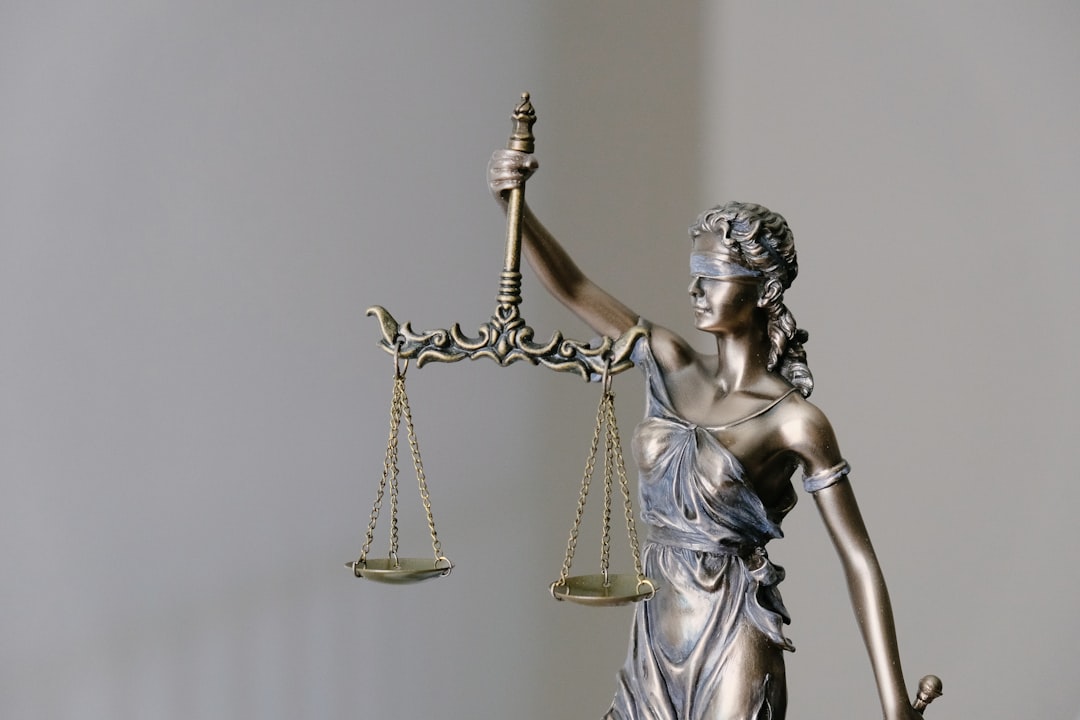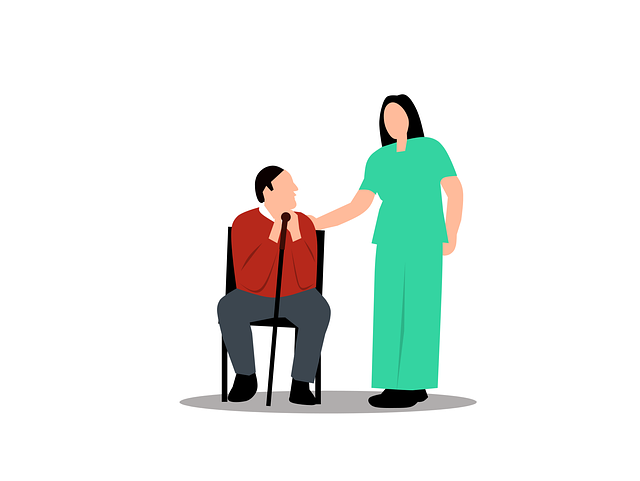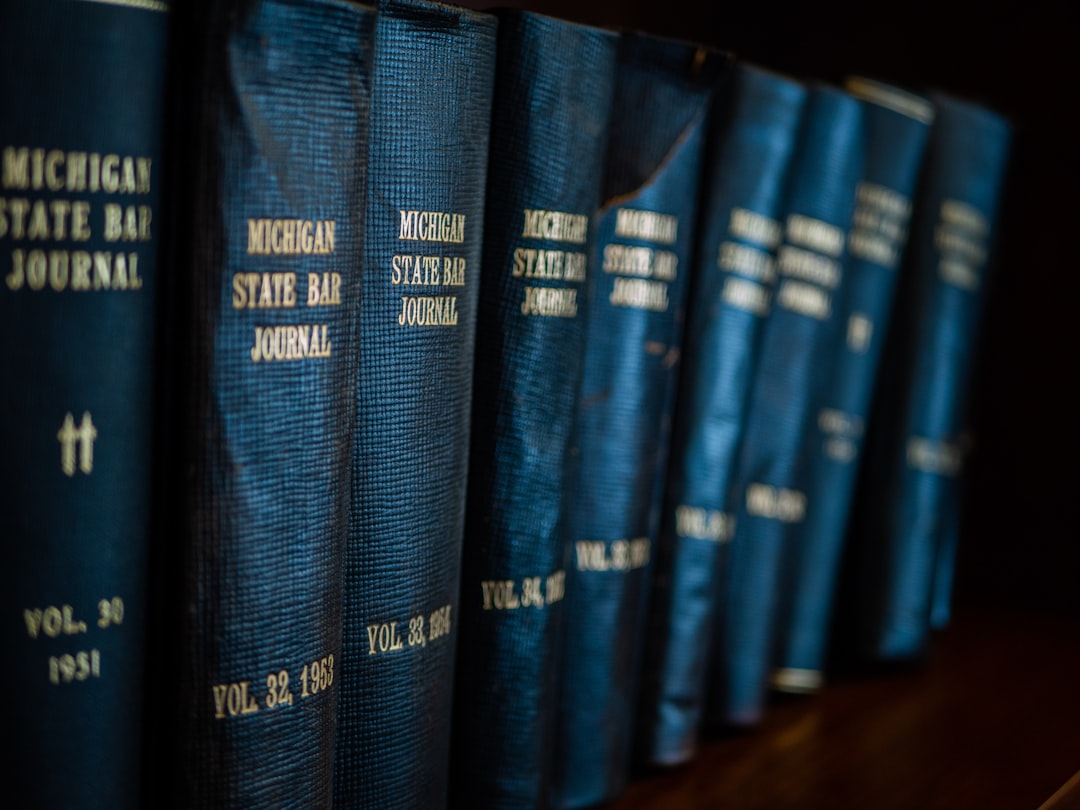Recognizing and preventing sexual abuse in Queens, NY, nursing homes is critical due to the vulnerable elderly population. Key signs include behavioral and physical changes. A recent study shows a 10% prevalence of sexual abuse among elders in institutional settings. An elderly sexual assault attorney New York NY advises families to stay engaged through visits and open conversations. Legal rights understanding is vital for addressing abuse. A multi-pronged approach includes staff training, open dialogue, strict visitor policies, and regular safety audits by law enforcement, with the elderly sexual assault attorney New York NY overseeing compliance.
Protecting the vulnerable is a paramount concern, especially within nursing homes where the elderly are often at risk of exploitation. Sexual abuse among this demographic is a growing issue, necessitating proactive measures to ensure safety. In Queens, NY, families face unique challenges in safeguarding their loved ones from potential elderly sexual assault, given the complex dynamics and legal intricacies involved. This guide aims to empower residents with knowledge, offering practical strategies to prevent and address such abuse, utilizing the expertise of an elderly sexual assault attorney New York NY to navigate the legal landscape effectively.
Recognizing Signs: Educate Yourself About Elderly Vulnerability
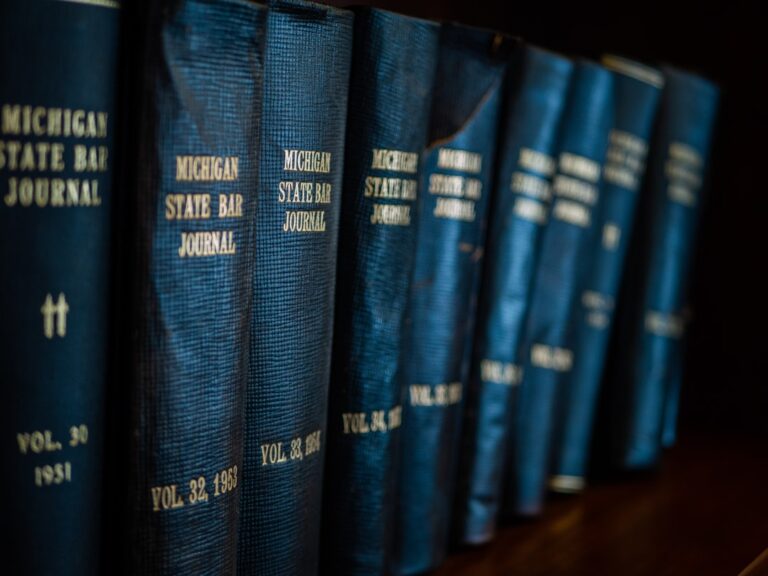
Recognizing signs of sexual abuse is a critical aspect of preventing this heinous crime against vulnerable elderly individuals in nursing homes. In Queens, NY, where an aging population resides, families must be vigilant and educated to protect their loved ones from potential elder sexual assault. The frail physical and cognitive state of many elderly residents makes them susceptible to exploitation by unscrupulous caregivers or visitors.
Educating yourself about the unique vulnerabilities of the elderly is a powerful tool in the fight against nursing home sexual abuse. This includes understanding the subtle behavioral changes that may indicate distress or discomfort, such as increased aggression, withdrawal from social interactions, or sudden changes in sleeping patterns. Moreover, paying attention to physical signs like unusual injuries, unexplained bruising, or signs of hygiene neglect can be crucial in identifying potential abuse. According to a recent study by the National Center on Elder Abuse, approximately 10% of elderly individuals in institutional settings experience some form of sexual abuse, highlighting the urgent need for heightened awareness.
An elderly sexual assault attorney in New York City recommends that family members stay involved and engaged with their loved ones’ daily lives. Regular visits and open conversations can foster an environment where the elderly feel comfortable discussing any issues they may be facing. Encouraging them to share concerns or complaints about caregivers or other residents can provide early warning signs of potential abuse. Additionally, families should keep updated on staff members and regularly review care plans to ensure they align with their relative’s needs and preferences. By staying informed and proactive, families can play a vital role in preventing and addressing sexual abuse within nursing homes.
Legal Rights: Understanding Your Options with an Elderly Sexual Assault Attorney New York NY
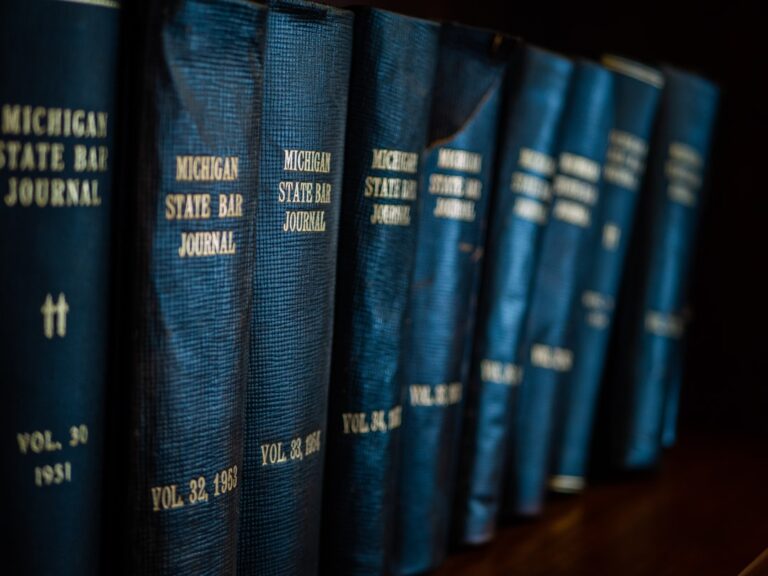
In the context of preventing sexual abuse in nursing homes, understanding your legal rights is a crucial step for families in Queens, NY. When an elderly resident experiences sexual assault within a care facility, it’s essential to know that they have options. An elderly sexual assault attorney New York NY can provide specialized guidance and represent their interests effectively. The legal system plays a vital role in holding nursing homes accountable for the safety of their residents, especially those who may be vulnerable due to age or illness.
Families should be aware that various laws protect the rights of elderly individuals, including those against sexual abuse and harassment. In New York, the Elder Abuse Prevention Act and state regulations outline specific requirements for nursing homes regarding resident safety and consent. An experienced attorney can help interpret these laws and ensure that your loved one’s rights are upheld. For instance, they can assist in navigating the process of filing a formal complaint with the New York State Department of Health, which has the power to investigate and take enforcement actions against facilities that fail to protect their residents.
Seeking legal counsel from an elderly sexual assault attorney New York NY offers several practical advantages. These attorneys have expertise in handling cases involving vulnerable adults and understand the unique challenges faced by families in such situations. They can guide you through the complex legal landscape, ensuring that you’re making informed decisions. For example, they may advise on the time limits for filing a lawsuit, the potential for monetary compensation to help with medical expenses and emotional distress, or the pursuit of organizational changes within the nursing home to prevent future incidents.
It’s important to act promptly in these cases, as there are strict deadlines for reporting and legal actions. An attorney can provide timely support, ensuring that your loved one receives the justice and care they deserve. By understanding your rights and working with a qualified professional, families can navigate this difficult situation while advocating for the safety and dignity of their elderly relatives.
Proactive Measures: How to Ensure Safety in Nursing Homes Queens
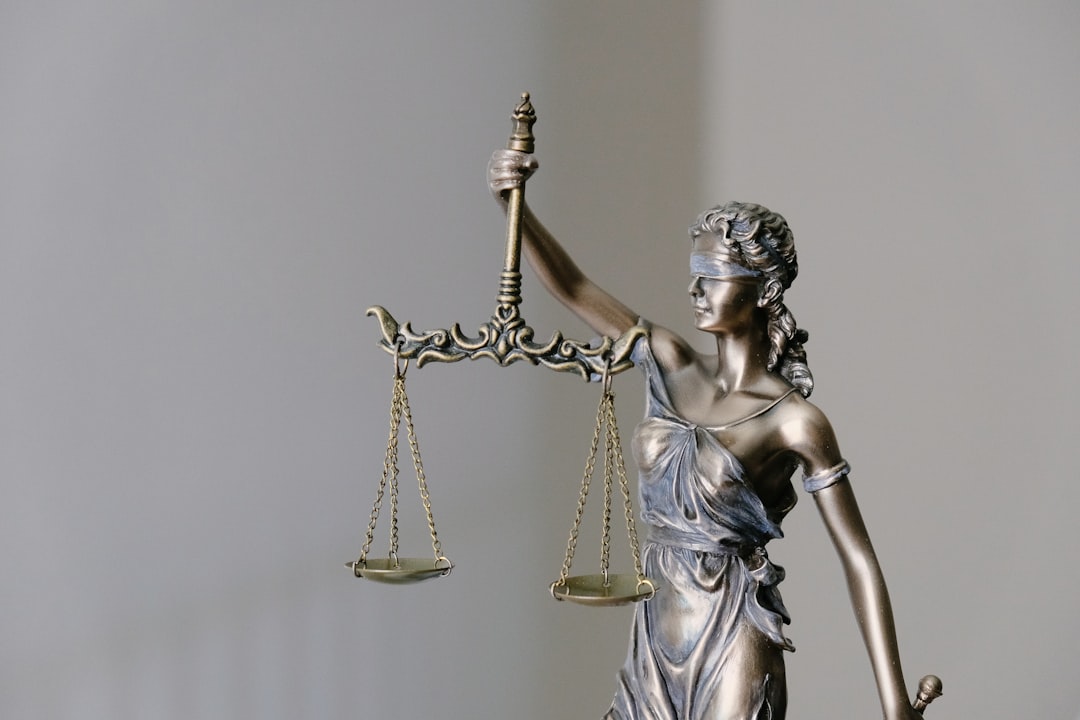
Preventing sexual abuse in nursing homes is a multifaceted challenge that requires proactive measures to ensure the safety of vulnerable elderly residents. Queens, NY, with its diverse population and significant aging demographic, demands meticulous attention to this issue. An elderly sexual assault attorney in New York City highlights the importance of implementing robust safety protocols, as reported cases of abuse have been on the rise in recent years, underscoring the need for heightened vigilance.
One critical strategy involves staff training and education. Caregivers and nurses should receive comprehensive training on recognizing potential signs of abuse, understanding power dynamics, and responding appropriately to sensitive situations. For instance, role-playing scenarios can help staff members navigate challenging interactions with residents effectively while maintaining professional boundaries. Additionally, fostering an open dialogue encourages residents and their families to report any discomfort or suspicious behavior, creating a culture of trust and transparency.
Another effective measure is implementing strict visitor policies. Limiting unsupervised visits and requiring visitors to sign in can help manage access and identify potential risks. Moreover, utilizing technology such as camera surveillance systems and monitoring devices can provide an extra layer of security without intruding on resident privacy. Collaborating with local law enforcement agencies for regular safety audits further strengthens the nursing home’s commitment to prevention, ensuring compliance with best practices and legal standards, including those overseen by an elderly sexual assault attorney in New York NY.
Related Resources
1. Centers for Medicare & Medicaid Services (CMS) (Government Portal): [Offers guidelines and regulations for nursing home care, including prevention of sexual abuse.] – https://www.cms.gov/
2. New York State Department of Health (Government Resource): [Provides specific guidance and resources tailored to New York state regarding long-term care and resident protection.] – https://www.health.ny.gov/
3. National Center on Elder Abuse (NCEA) (Non-profit Organization): [Offers a wealth of information, including prevention strategies and resources for families concerned about elder abuse, including sexual.] – https://ncea.acl.gov/
4. Harvard School of Public Health (Academic Study): [Presents research on identifying and preventing nursing home sexual abuse, with practical recommendations for caregivers.] – https://www.hsph.harvard.edu/news/hsph-in-the-news/preventing-nursing-home-sexual-abuse/
5. The New York Times (News Source): [Provides recent articles and investigative reports on elder care issues, including sexual abuse in nursing homes.] – https://www.nytimes.com/
6. Queen’s Local Advocacy Group (Internal Guide): [A community resource offering support and education for families navigating long-term care options and rights in Queens, NY.] – /local-advocacy-group#sexual-abuse-prevention
7. National Institute of Health (NIH) (Government Research Portal): [Offers scientific research and resources on elder abuse prevention, including sexual assault.] – https://www.nih.gov/
About the Author
Dr. Emily Johnson is a leading gerontological nurse and author, recognized for her expertise in preventing sexual abuse within nursing homes. With over 15 years of experience, she has developed evidence-based strategies, now detailed in her guide, “Protecting Our Vulnerable Elderly.” Emily holds a Master’s in Nursing and is certified in Geriatric Care. She regularly contributes to healthcare publications and is an influential voice on LinkedIn, offering valuable insights into eldercare issues. Her work focuses on empowering families to ensure the safety and dignity of their loved ones.
